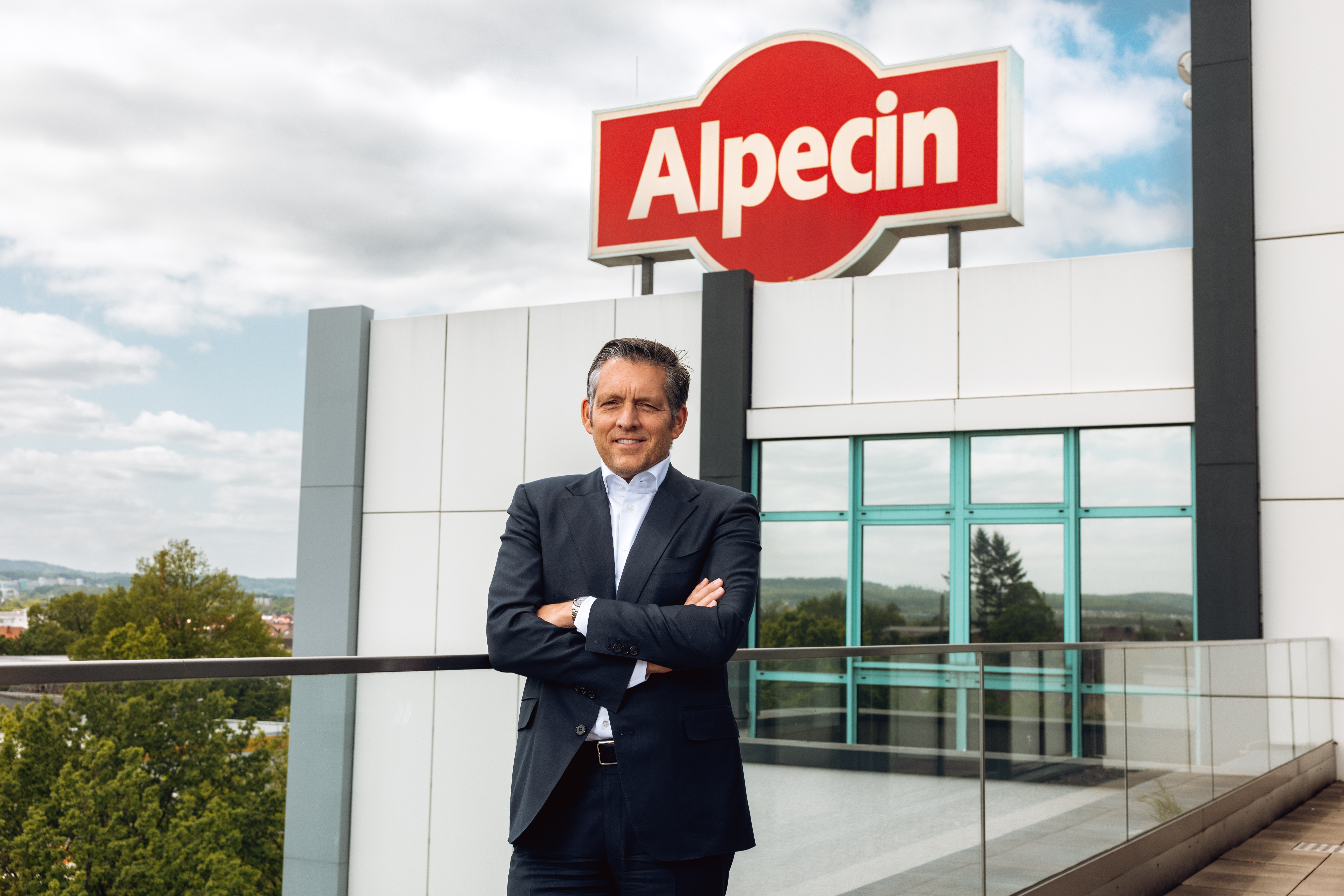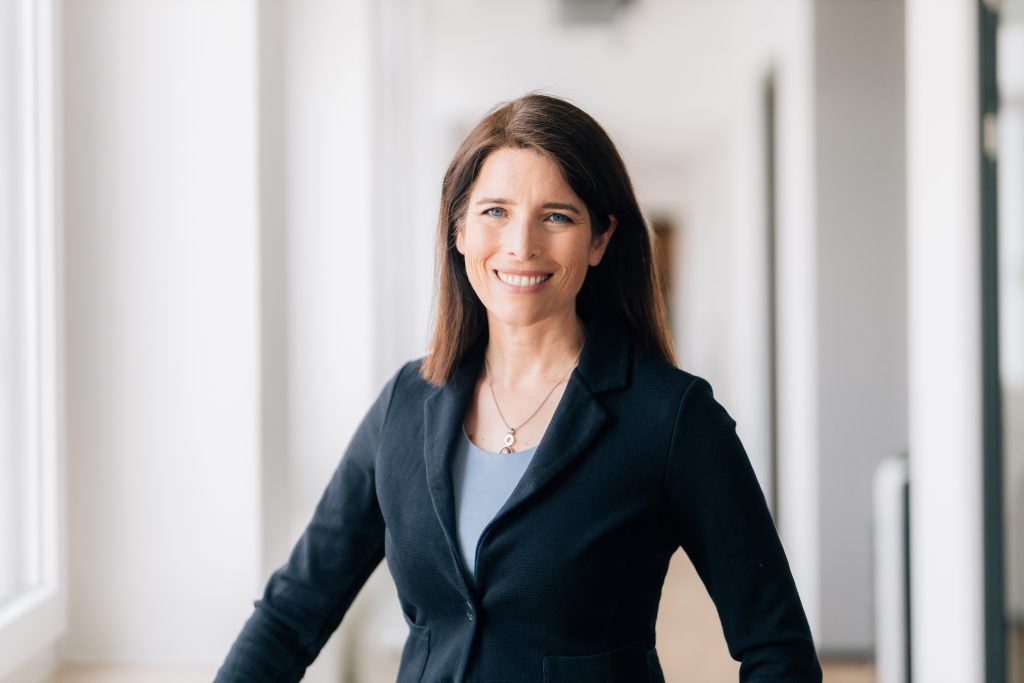Breakthrough in research after 20 years: New shampoo against hair loss with even stronger effects
After an annual turnover of 391.5 million euros in the fiscal year 2023 and a growth of 7.5 per cent compared to the previous year (363.8 million euros in 2022), the Bielefeld-based Dr Wolff Group – with 875 employees worldwide – continues its growth in the first months of 2024. The cosmetics and pharmaceutical company has grown by 12 per cent in the first four months. Drivers of sales growth in cosmetics are particularly the brands Alpecin and oral care brand Bioniq®, and in the pharmaceutical sector, the gynaecological Vagisan range for a healthy intimate area.
In Germany, the company recorded a growth of approximately 14 per cent in the first four months of 2024. The largest and fastest-growing foreign market is the United Kingdom, followed by Austria. Hong Kong is currently showing strong growth in the Asian region. Here, the company successfully introduced its fluoride-free dental care brands last year.
New Active Ingredient Combinations Boost Sales of Caffeine Shampoos
The men’s shampoo Alpecin Grey Attack is currently one of Dr Wolff’s flagship products. The new shampoo for gradually darker hair was the most successful product launch in its category in drugstores in 2023 and also led the online ranking of bestsellers last year. The patented ingredient-complex of 5,6-DHI and caffeine permanently repigments grey hair. This innovation has been available for women since the beginning of June. The new Plantur 39 Anti-Grey Effect Shampoo is widely in stock in drugstores and retail stores. For the first time, the company as launched a product simultaneously in 14 countries. The market entries are supported by an extensive international marketing campaign starting in July. The product launch of the innovative shampoo is met with great optimism by the Bielefeld-based company for its potential market impact, survey data indicates that a majority of women – 60 per cent – dye their hair to conceal grey strands.
After years of research, consumers are now able to test another milestone while combating hereditary hair loss since. About 20 years after the start of the Alpecin caffeine success story, the patented active ingredient combination of caffeine and dimethylglycine (DMG) is being used in a shampoo for the first time. “This active complex is a groundbreaking novelty from Dr Wolff’s research and the result of intensive research and development. The anti-hair loss shampoo offers an extended and highly innovative approach with a two-fold effect that efficiently reduces hair loss and simultaneously stimulates hair growth,” says Eduard R. Dörrenberg, managing partner.
In vitro studies[1] have shown synergistic impacts of the combined treatment with caffeine and DMG: while caffeine is known for its growth-stimulating effect on the hair root, DMG can increase the nutrient supply to the hair roots (microcirculation). The way of finding this exclusive active ingredient combination has recently been spotlighted in a documentary by the media company OMR. The documentary titled “Doping für die Marke: Die Alpecin Story” has been available on YouTube since the end of May. A film team spent a year behind the scenes of the family business, accompanying research and development.
Toothpaste Range Without Fluoride Grows
In addition to hair care, the company announces further innovations in oral care for the second quarter of the year: The toothpaste brand Karex with BioHAP instead of fluoride for modern caries protection will expand its range. At the world’s largest dental congress in New Orleans, Dr. Wolff was recently able to present several convincing clinical data on Bioniq® Repair toothpaste with hydroxyapatite.
The company expanded its research area for the oral care division at its headquarters in Bielefeld.
Due to the market launches of strong new products and further internationalisation, Dr. Wolff Group forecasts double-digit growth for the current fiscal year.
Dr. Wolff in figures:
391,5 Mio EUR turnover
875 employees worldwide
Active in 67 countries
[1] submitted for publication


